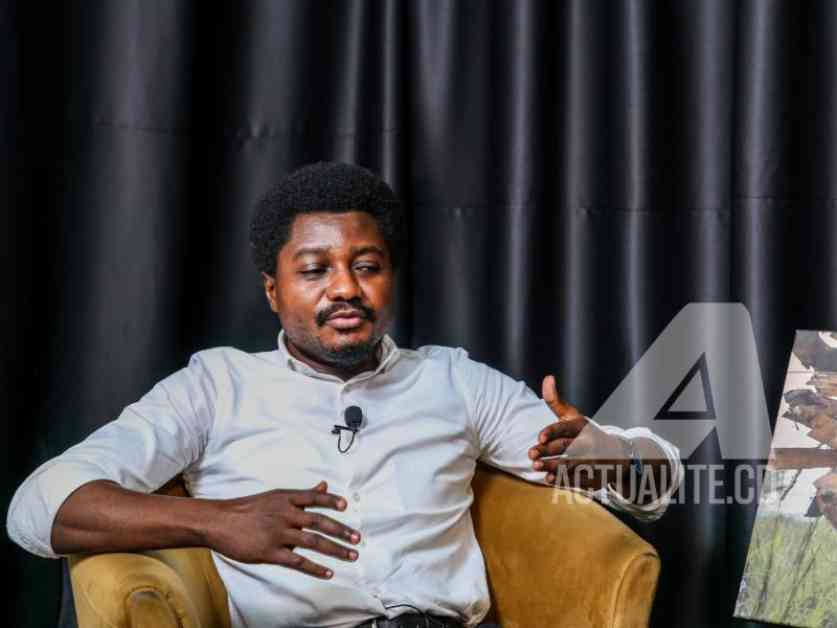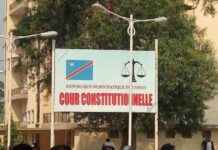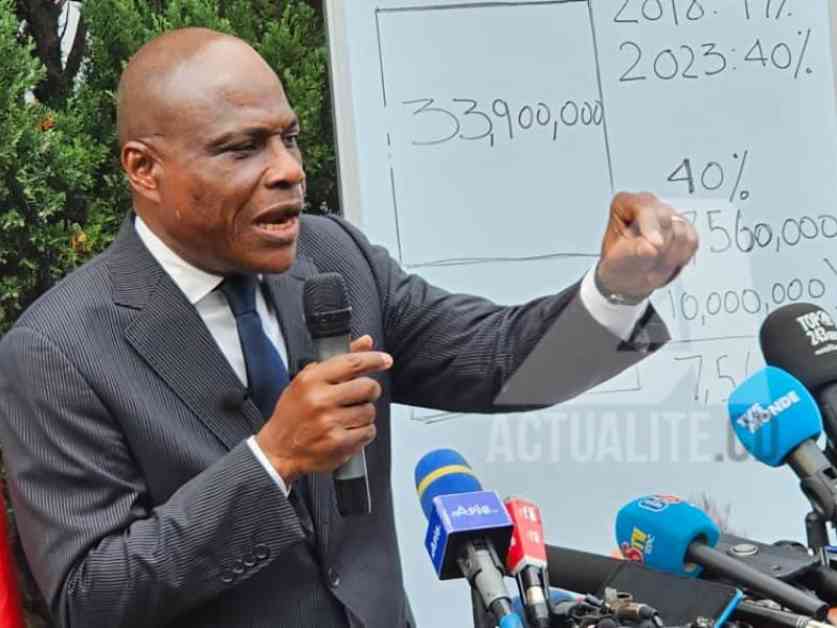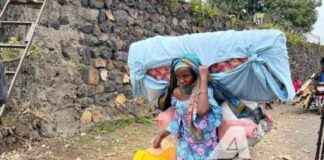Reinstatement of the Death Penalty in the DRC: Constant Mutamba’s Defense
The Democratic Republic of Congo has recently lifted the moratorium on the death penalty, which has been in place since 2003. This decision, endorsed in March 2024, comes in a context marked by the country’s aggression by Rwanda through the M23 and a rise in urban violence. During a press briefing held on Monday, January 6, 2024, the Minister of Justice, Constant Mutamba, defended this measure, stating that it addresses the country’s security realities.
Constant Mutamba’s Justification
Mutamba argued that the DRC should not blindly follow Western abolitionist trends, highlighting the need to address national security imperatives in the face of betrayals by high-ranking officials. Drawing a parallel with the United States, where the death penalty is still applied in several states, Mutamba emphasized the importance of addressing internal challenges without succumbing to external pressures.
Risks of Blindly Adopting Foreign Practices
The minister warned against uncritically adopting foreign practices, citing the example of Haiti, where the absence of repressive measures led to chaos and foreign intervention. Mutamba stressed the importance of tailoring rules to local customs and realities to enhance national security without compromising human rights.
Security Concerns and Regional Instability
The decision to reinstate the death penalty for cases of treason within the security forces aims to curb rising criminal activities and terrorism in urban centers. In regions like North Kivu, marked by ongoing conflicts between government forces and rebel groups, Mutamba sees the revival of the death penalty as part of a comprehensive strategy to combat insecurity and restore state authority.
In conclusion, Constant Mutamba reiterated the government’s commitment to safeguarding citizens and ensuring a minimum level of security. The resumption of capital punishment, according to him, represents a pragmatic response to the current security challenges facing the country.
In a world where complex geopolitical dynamics intersect with domestic imperatives, the decision to reinstate the death penalty in the DRC raises profound ethical and practical questions. How can a nation balance the demands of security with respect for human rights in a volatile environment? As Constant Mutamba argues for the necessity of this measure, the debate surrounding the death penalty continues to evolve, underscoring the complexity of justice in a nation grappling with internal strife and external threats.

















